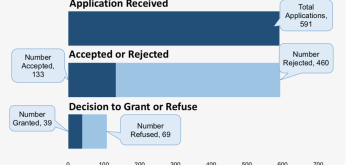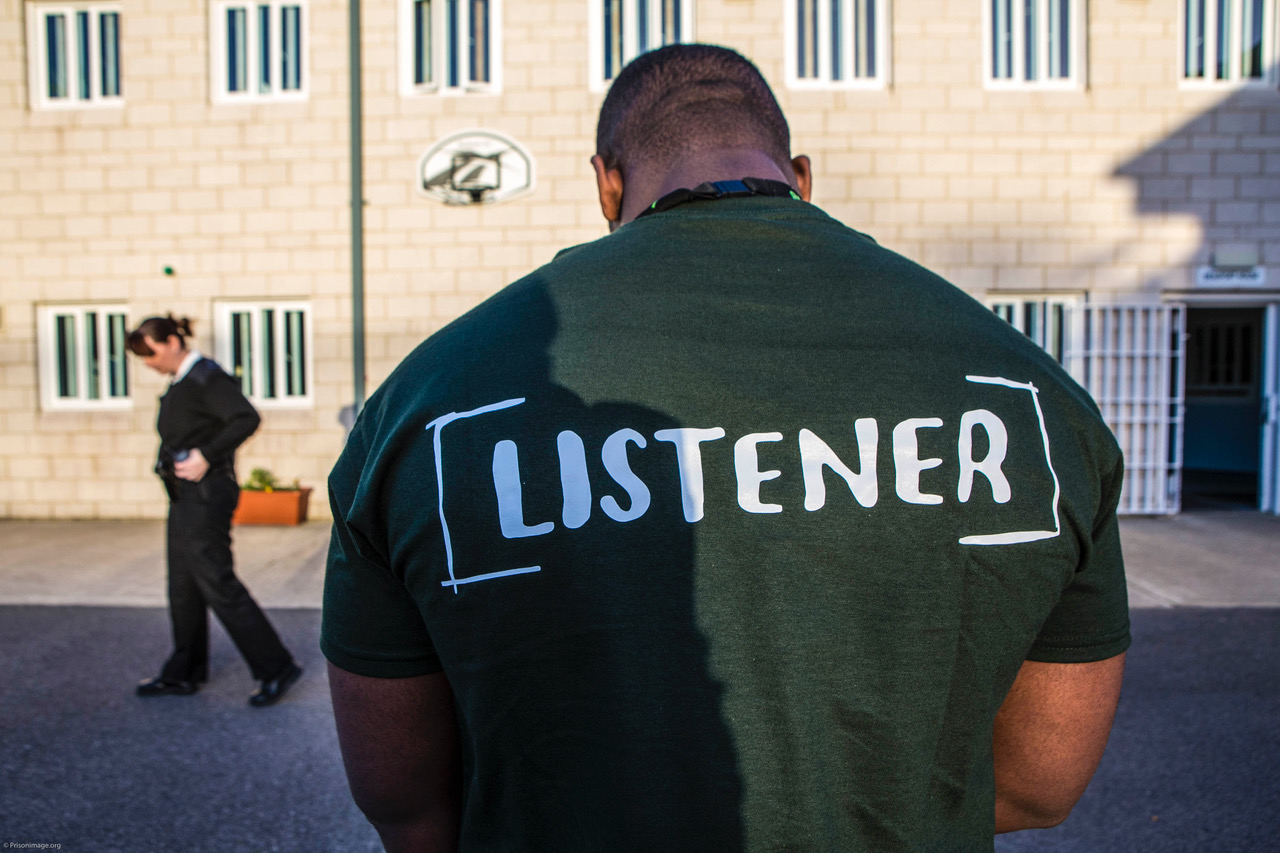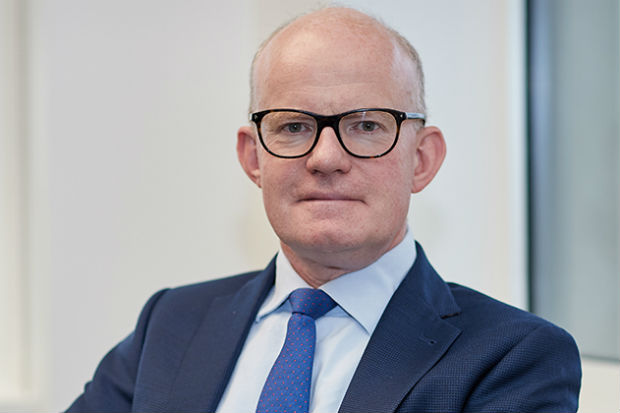70% increase in prosecutions dropped because of disclosure failures in two years
The number of prosecutions in England and Wales that collapsed because of a failure by police or prosecutors to disclose evidence increased by 70% in the last two years, according to figures obtained by BBC News under the Freedom of Information Act. It was revealed that last year 916 people had charges dropped over a failure to disclose evidence – that number was up from 537 in 2014-15.
The Director of Public Prosecutions recently told BBC Radio 4’s Today Programme that she did not believe there were innocent people in prison following failures in disclosure.
Alison Saunders’ comments come after a string of rape cases collapsed after the police and prosecution failed to disclose vital digital evidence. Last week, the CPS offered no evidence in the case of Samson Makele (here) after new digital evidence was disclosed supporting his account. Makele’s case was the third of its kind to collapse in the space of a month followed the collapsed cases of Liam Allen and Isaac Itiary which prompted a review into 30 more rape and sexual assault cases.
Saunders admitted failures. ‘There’s a complete systemic issue because it’s about everybody doing their job, everybody looking,’ she said. However, she refused to accept that there may be innocent people wrongly convicted following disclosure failures.
‘The problem we have found recently is around the ever increasing use of social media and the digital material we obtain,’ Saunders explained. She added that the defence team of Makele should have informed the police of the existence of photos on his phone.
Harriet Johnson, Makele’s barrister refuted this claim: ‘To try to put the burden on the defendant to prove he is innocent fundamentally undermines the presumption of innocence that has been a core principle of British justice for centuries.’
She accepted that the defence team had a responsibility to challenge the courts if they feel crucial evidence has not been disclosed, but argued that CPS is too slow to respond.
The former vice chair of the Criminal Law Solicitors Association, Robin Murray, explained that in a survey conducted last year 99% of the Association’s lawyers said they had experienced disclosure failures.
Anna Soubry, the Conservative MP for Broxtowe, tweeted that she was ‘appalled at the ill informed comments of #DPP Alison Saunders. There [have] been longstanding problems [with] disclosure’. She added that she felt the current DPP was part of the problem.
Alison Saunders suggested that the police were not under an obligation to pursue every aspect of the individual case, so long as the police investigated ‘reasonable lines of enquiry’.
Danny Kay had his conviction for rape overturned last month following the discovery of new Facebook messages that undermined the complainant’s allegation. Though this case did not rest on a failure to disclose specifically, it adds to the falling public confidence in the criminal justice system to appropriately investigate such cases.
The former head of the judiciary, Lord Judge, expressed his concern for the recent string of collapsed rape cases. He told the Times that the recent examples in cases involving alleged sexual crime were ‘alarming, both for all the individuals concerned and for public confidence in the administration of criminal justice generally’.
‘It is at least possible that from time to time juries, alarmed as everyone else by these cases, may wonder, even in an apparently strong case, whether they have been provided with all the admissible evidence. These events may reduce the prospects of conviction even when the allegation is genuine’.
According to BBC News, 537 people had charges dropped in 2014-15, before increasing to 732 the following year and 916 last year. During the same time the number of completed prosecutions fell by almost 150,000 cases – from more than 736,000 in 2013-14 to just over 588,000 in 2016-17.













